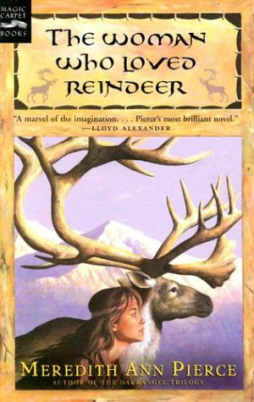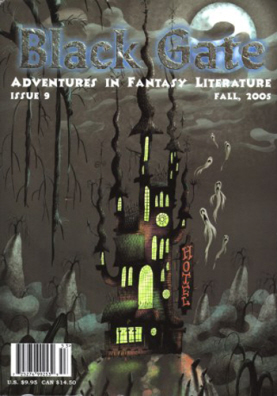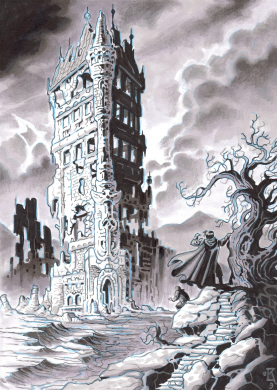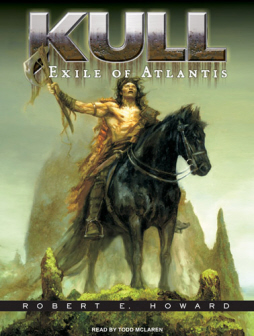Feathers on the Waves
. . . And the boy thought,
This is wonderful! and left his father,
Soared higher, higher, drawn to the vast heaven,
Nearer the sun, and the wax that held the wings
Melted in that fierce heat, and the bare arms
Beat up and down in air, and lacking oarage
Took hold of nothing. Father! he cried, and Father!
Until the blue sea hushed him, the dark water
Men call Icarian now. And Daedalus,
Father no more, called “Icarus, where are you!
Where are you, Icarus? Tell me where to find you!”
And saw the wings on the waves, and cursed his talents,
Buried the body in a tomb, and the land
Was named for Icarus.—Ovid, Metamorphoses Book VIII
Where does the love of fantasy, and of storytelling, start? For every person it’s different, of course. For me it begins with feathers on the waves.
Those feathers, the remains of Icarus’s joyful but tragic flight toward the sun when he forgot his father’s warnings, are specific for me. But the broad world of the tales of the Greeks and Romans are a gateway for many people into fantasy. Whether it started with the Minotaur, the war at Troy, the labors of Heracles, Bellerophon on Pegasus against the Chimaera, or Perseus and Medusa, the Greek’s ancient religion and the poets whose writing let it survive have introduced countless readers to the fantastic and the greatness it can achieve.
I’ve often thought about the source of the power of the Greco-Roman legends, their heroes and the gods, and why they still have such enormous affect on us today, when no one worships them any more. They were even losing their grip on religious importance in the time of Ovid, one of the greatest tellers of their exploits. In the twenty-first century, the Iliad is no less an engrossing a story, the plays of Sophocles can still ensnare an audience, and even Hesiod can infuse a sense of wonder in a modern reader as he writes about the beginnings of all things.
 Bitch Slap the (unrated) film relates to fantasy fiction how, you may ask?
Bitch Slap the (unrated) film relates to fantasy fiction how, you may ask? The Woman Who Loved Reindeer, by Meredith Ann Pierce
The Woman Who Loved Reindeer, by Meredith Ann Pierce I don’t know what makes a novel great. Maybe every great book is great in its own way. I suspect, though, that a novel’s greatness resides most often either in its structure (not just its plot, but its balancing of themes and elements, its division into units like chapters, and its decision of what to describe and when) or its prose (its ability to make every word count, not only in depicting character and setting, not only in moving forward story, but in advancing the theme of the book, what it’s about, the idea that prompted the telling of the tale in the first place).
I don’t know what makes a novel great. Maybe every great book is great in its own way. I suspect, though, that a novel’s greatness resides most often either in its structure (not just its plot, but its balancing of themes and elements, its division into units like chapters, and its decision of what to describe and when) or its prose (its ability to make every word count, not only in depicting character and setting, not only in moving forward story, but in advancing the theme of the book, what it’s about, the idea that prompted the telling of the tale in the first place). We’ve just re-vamped our
We’ve just re-vamped our  The ruined mansion seemed the perfect place to elude their pursuers… until they began to penetrate its secrets.
The ruined mansion seemed the perfect place to elude their pursuers… until they began to penetrate its secrets. Over at Ecstatic Days, Jeff VanderMeer
Over at Ecstatic Days, Jeff VanderMeer  Following up on
Following up on 
 “Beyond the Sunrise” is the unofficial title afforded an unfinished Kull story that did not see print until over forty years after the author’s death. Its significance is due largely to the fact that it was the first of four widely differing attempts to continue the Kull series following the publication of both “The Shadow Kingdom” and “The Mirrors of Tuzun Thune” in Weird Tales in 1929.
“Beyond the Sunrise” is the unofficial title afforded an unfinished Kull story that did not see print until over forty years after the author’s death. Its significance is due largely to the fact that it was the first of four widely differing attempts to continue the Kull series following the publication of both “The Shadow Kingdom” and “The Mirrors of Tuzun Thune” in Weird Tales in 1929. Because this series about riding about the dragon called Publishing is geared at writers just starting out writing fantasy stories and novels, I thought I’d pull together
Because this series about riding about the dragon called Publishing is geared at writers just starting out writing fantasy stories and novels, I thought I’d pull together